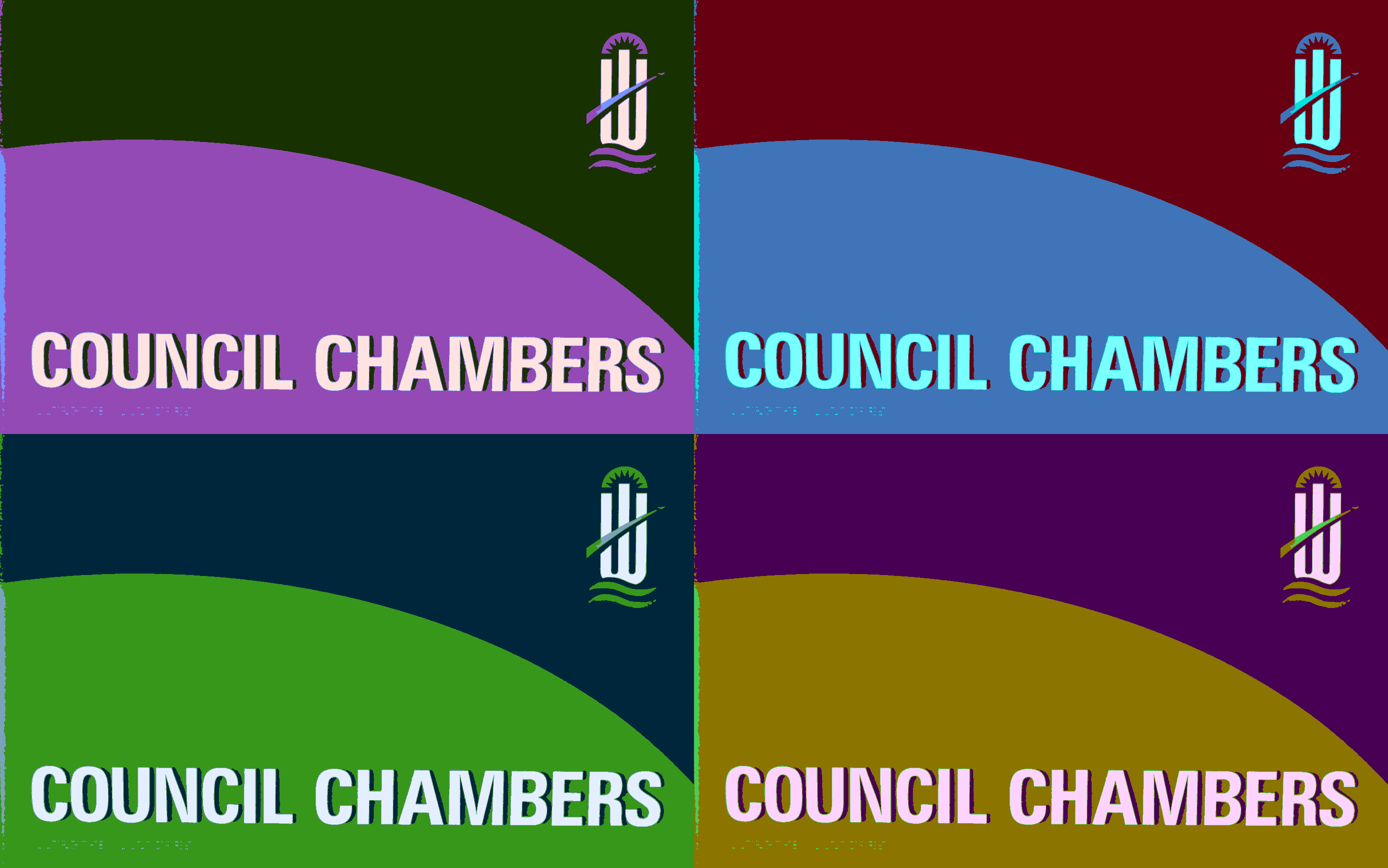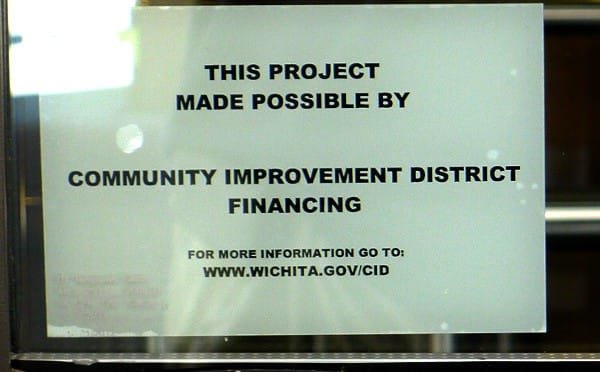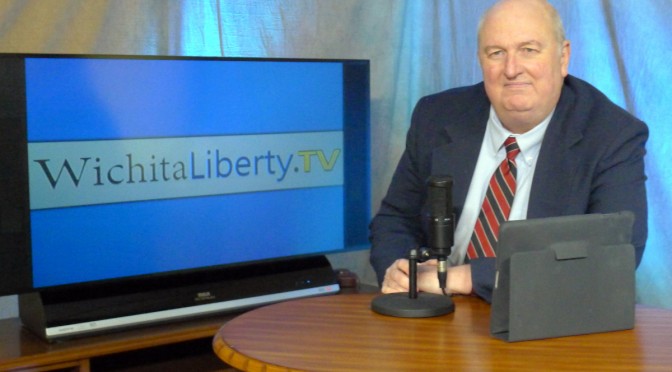Tag: Carl Brewer
-

Wichita, again, fails at government transparency
At a time when Wichita city hall needs to cultivate the trust of citizens, another incident illustrates the entrenched attitude of the city towards its citizens. Despite the proclamations of the mayor and manager, the city needs a change of attitude towards government transparency and citizens’ right to know.
-

Missing from Wichita’s white papers: China
Just six months after the mayor’s trip to China, the possibility of Chinese investors in Wichita’s projects like a new water source, water and sewer improvements, libraries, and convention center seems to be forgotten.
-
Questions for the next Wichita city attorney: Number 2
Will Wichita’s next city attorney continue to obstruct government transparency or be an advocate for citizens’ right to know?
-

Questions for the next Wichita city attorney: Number 1
Will Wichita’s next city attorney ignore the plain meaning of laws in order to provide legal cover for the council and staff? Or, will the attorney provide advice that respects citizens and the rule of law?
-

Wichita develops plans to make up for past planning mistakes
On several issues, including street maintenance, water supply, and economic development, Wichita government and civic leaders have let our city fall behind. Now they ask for your support for future plans to correct these mistakes in past plans.
-
Wichita not good for small business
When it comes to having good conditions to support small businesses, well, Wichita isn’t exactly at the top of the list, according to a new ranking from The Business Journals.
-

Wichita City Council fails to support informing the taxed
What does it say about Wichita’s economic development strategy that if you fully inform citizens and visitors, it renders a tool useless?
-

WichitaLiberty.TV: For whose benefit are elections, school employment, wind power, unions, unemployment
The controversy over the timing of city and school board elections provides an insight into government. Then: Can a candidate for governor’s claims about Kansas school employment be believed? Wind power is expensive electricity, very expensive. A Wichita auto dealer pushes back against union protests. Finally, what is the real rate of unemployment in America?